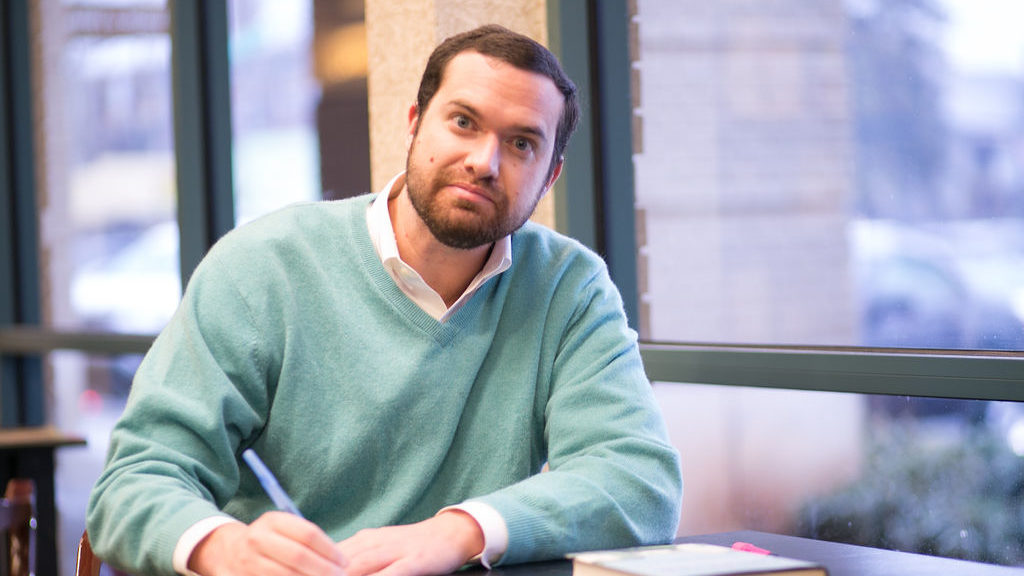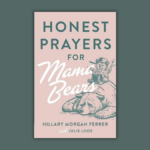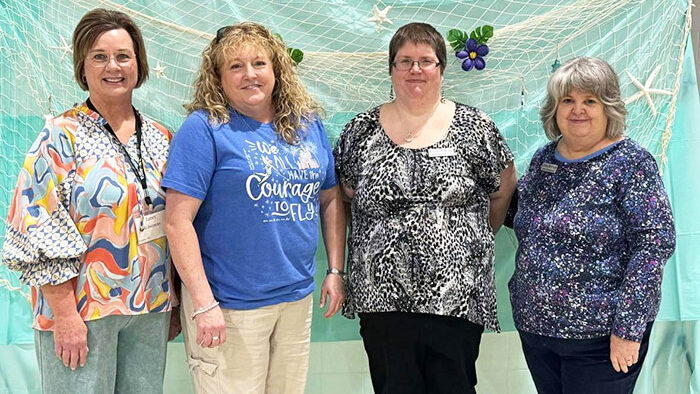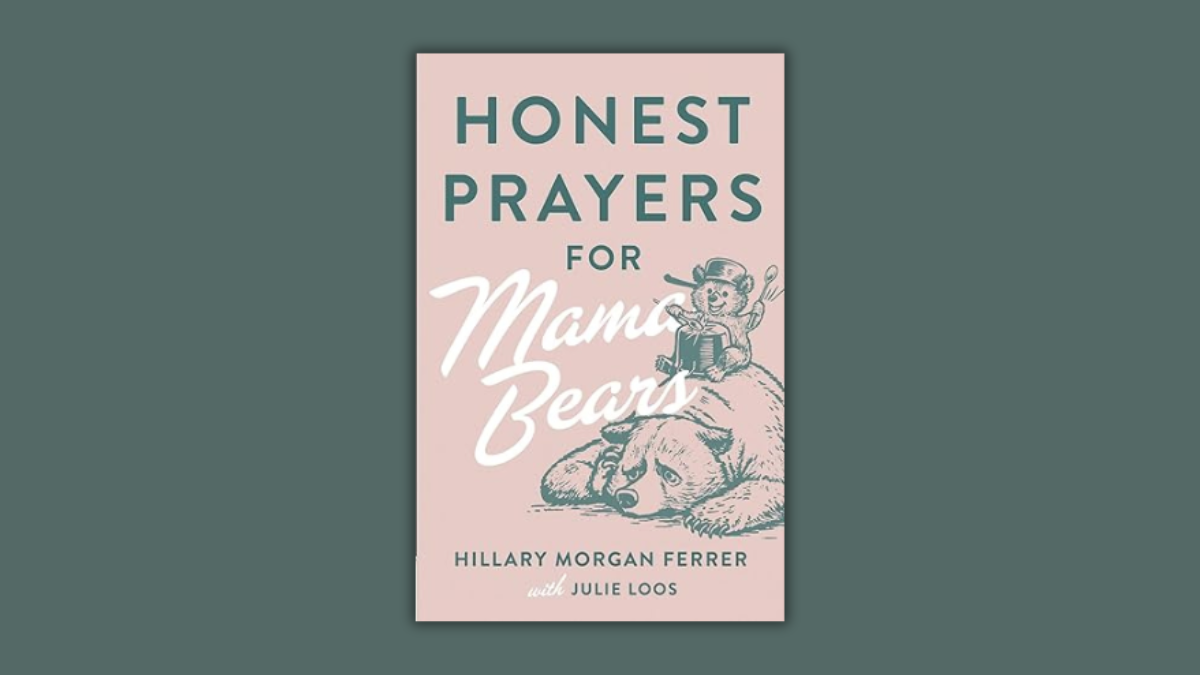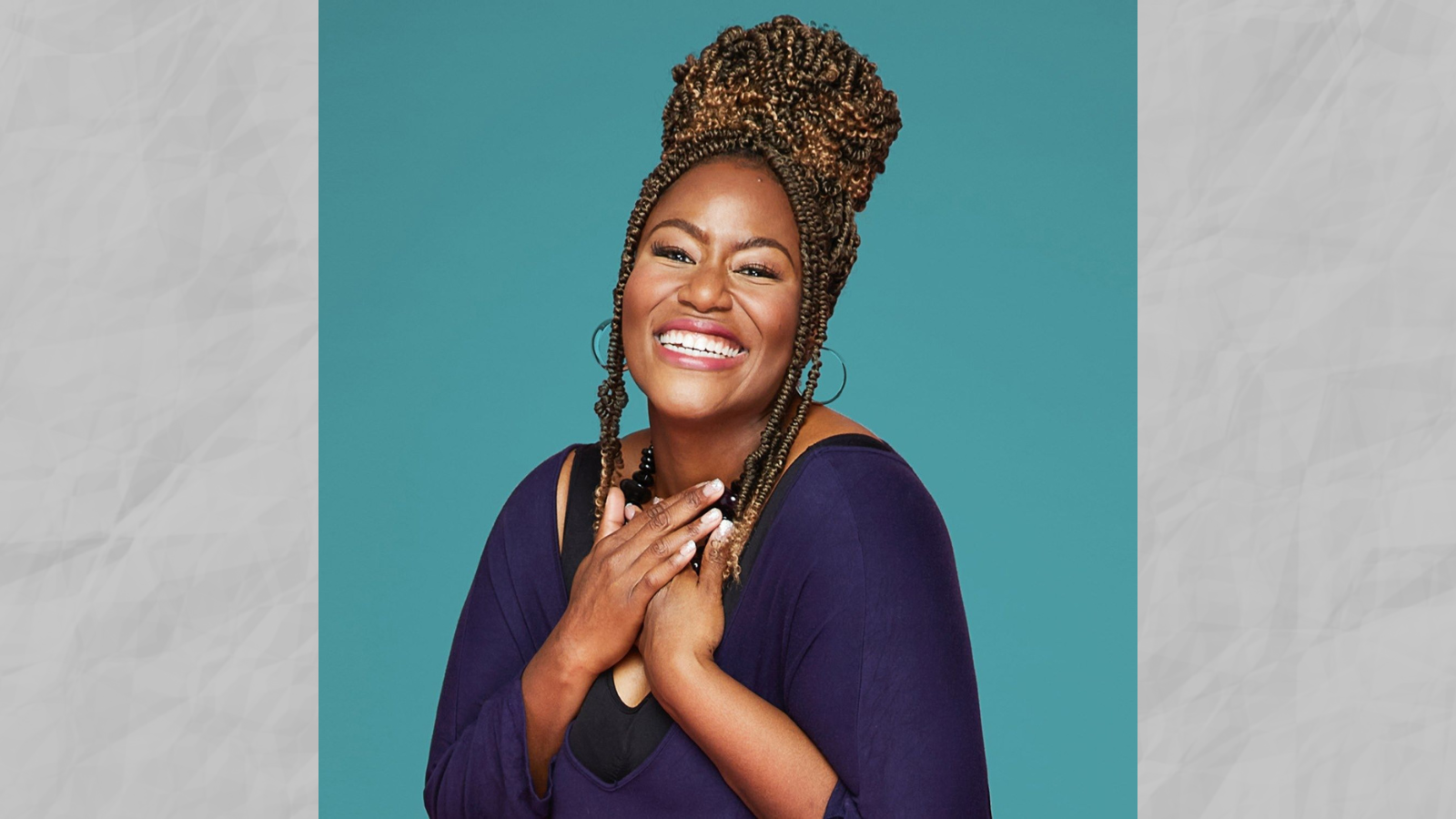Thomas Fellows, author of “Mrs. Dubose’s Last Wish: The Art of Embracing Suffering,” believes learning from suffering can result in empathy, which is a key to successful relationships.
Suffering also can increase faith, Fellows says.
“Suffering is a fact of life,” writes Nassir Ghaemi, New York Times bestselling author, in the book’s foreword. “And so is joy. The two aspects go together. One could never know what suffering was unless one had experienced joy.”
“If we are constantly encouraged not to suffer [by culture and media], then why did I write a book about embracing suffering?” Fellows asks in “Mrs. Dubose’s Last Wish.”
“The reason is because the time when I have been the most joyful, gotten what I wanted or noticed that I’d grown in my faith in the Lord were because I had embraced suffering, or, at the very least, learned from it.”
“Mrs. Dubose’s Last Wish” shares lessons learned by those who have suffered and explains how they are better for it. It is filled with numerous quotes and examples from Scripture, historical figures like Abraham Lincoln, sports legends like Tiger Woods, movie characters like Rocky Balboa from the “Rocky” movies and others.
In addition, Fellows highlights the inspiring rags-to-riches story of tech CEO Bill McDermott of ServiceNow. McDermott, a Christian, inspired Fellows not only in his technology sales career, but also in life. Through the years, he taught Fellows valuable lessons on self-discipline and the importance of character and empathy.
The book’s title and theme originated from a subplot in the classic book, “To Kill a Mockingbird.” Mrs. Dubose, who was near death, chose suffering when voluntarily withdrawing from a morphine addiction instead of living her last months pain-free. She said she was “going to leave this world beholden to nothing and nobody” and would die free of morphine.
‘Formed through suffering’
Fellows also was inspired by NYT bestselling author David Brooks’ “The Road to Character.” Brooks says, “We shoot for happiness but are formed through suffering,” and “Recovering from suffering is not like recovering from a disease. Many people don’t come out healed; they come out different.”
One of Fellows’ hopes is that his message will help combat the influence of the prosperity gospel.
“[It] has seeped into our regular churches as well, with this whole health-and-wealth issue, which is nowhere to be found in the Bible. It’s very scary,” Fellows asserted.
In “Mrs. Dubose’s Last Wish,” he discusses the faith Job showed in Job 1:13–22.
Relating suffering to trusting in God, Fellows said, “I highlight Job in the book a lot just because he went through so much pain. … In doing so, he became one of the biggest heroes in the Bible. He realized that [no matter] what he thought should be going on, God had a better plan than he did.
“When our complete trust is in God, we have no choice but to thank God for whatever happens, knowing firmly that He, and not we, has the best handle on our lives,” Fellows said.
He has known some difficult times, despite having many advantages. After graduating from the elite Westminster Schools in Atlanta with a perfect score on both his SAT and ACT essays, Fellows was admitted to the honors program at the University of Alabama in Tuscaloosa.
Purpose in his suffering
After attending for only 10 days, he got sick and was hospitalized for more than a week and ended up transferring to Samford University in Birmingham.
During this time, he was diagnosed with bipolar disorder.
“At first, I did not want to take the medication because I thought God could heal me on my own, but I eventually relented and took it,” Fellows related. “After I took it, eventually I got back to my normal self.”
He also started having suicidal ideations and came close to attempting suicide.
“I was going to take 40 pills and kill myself,” Fellows said. “But ultimately, I decided not to.”
The next day, Fellows remembered a principle Ghaemi emphasized about the relationship between suffering and empathy.
“I figured, since I had been through so much suffering, I would be more empathic to people and make the world a better place,” Fellows remembered. “So instead of complaining to God that I was suicidal, I thanked God that I was suicidal.”
Now, to help him get through difficult times, Fellows relies on Hebrews 12:11: “No discipline seems enjoyable at the time, but painful. Later on, however, it yields a harvest of righteousness and peace to those who have been trained by it.”
Fellows donates the profits of the book to the National Alliance on Mental Illness to help with suicide prevention. “Mrs. Dubose’s Last Wish” and Fellows’ other books are available on Amazon.

